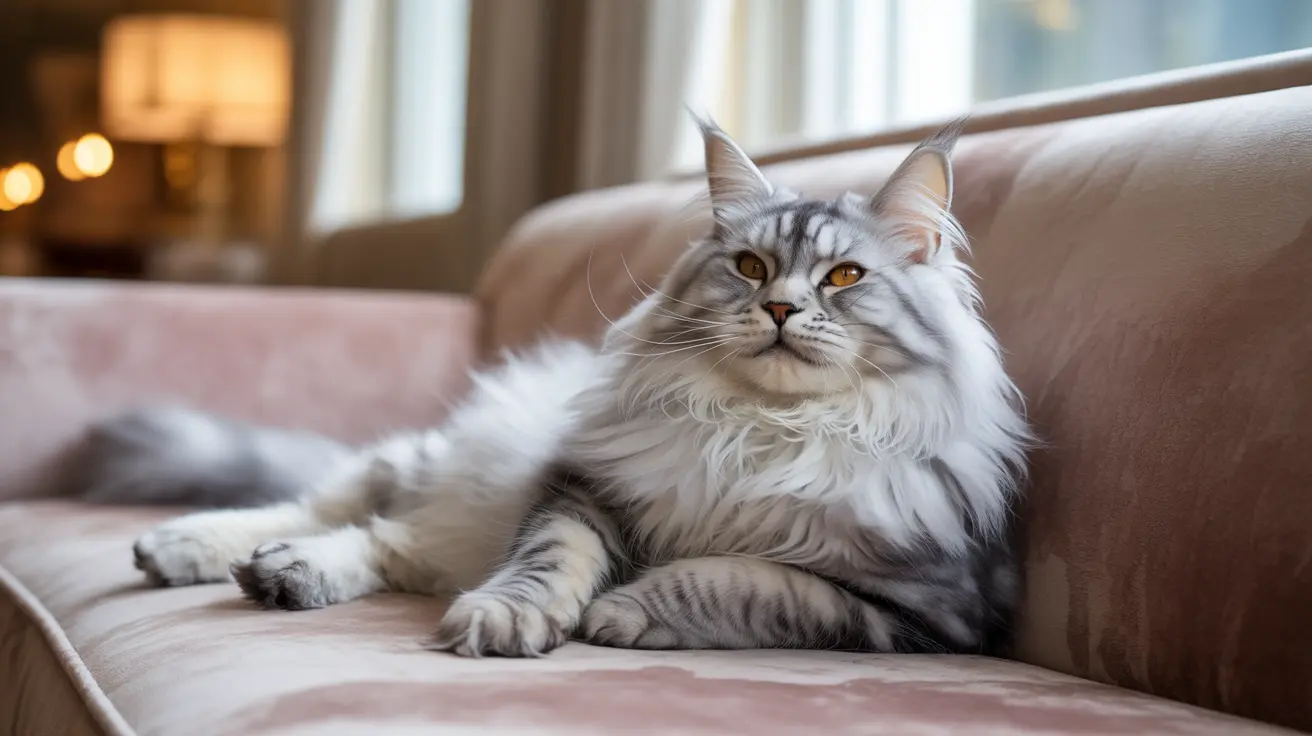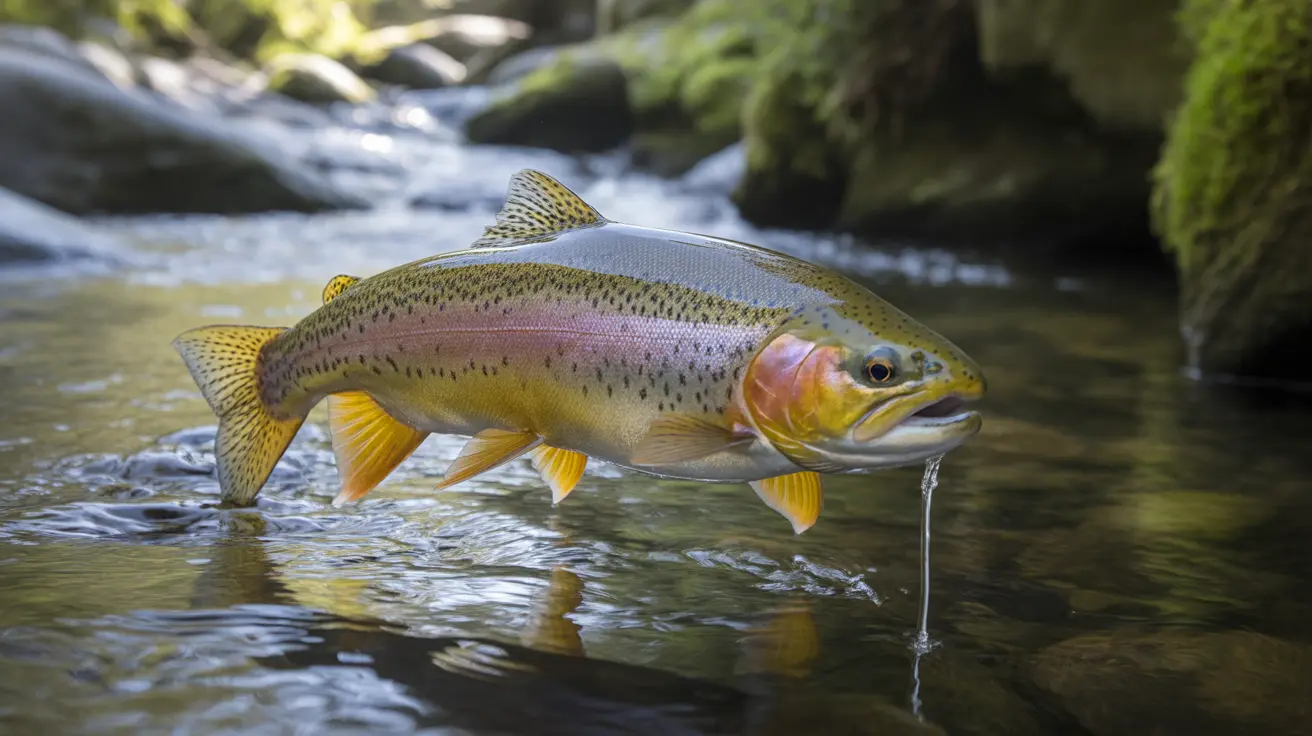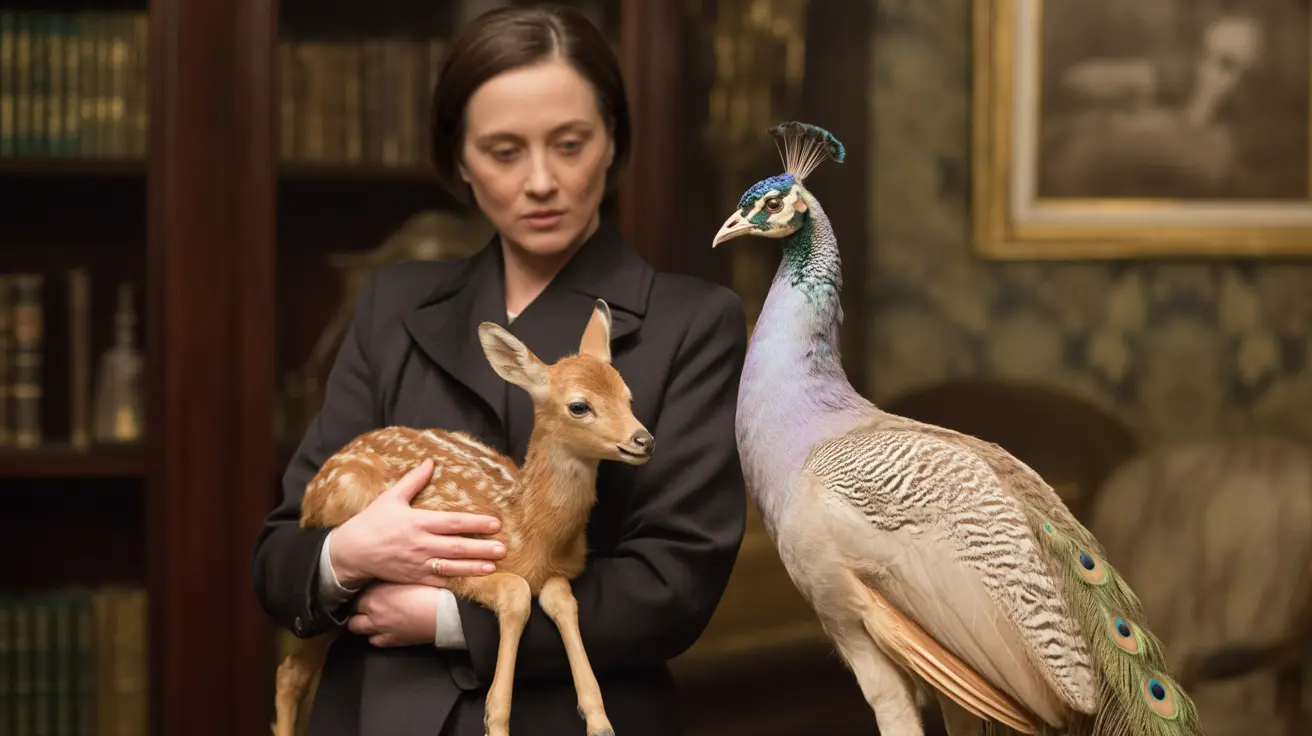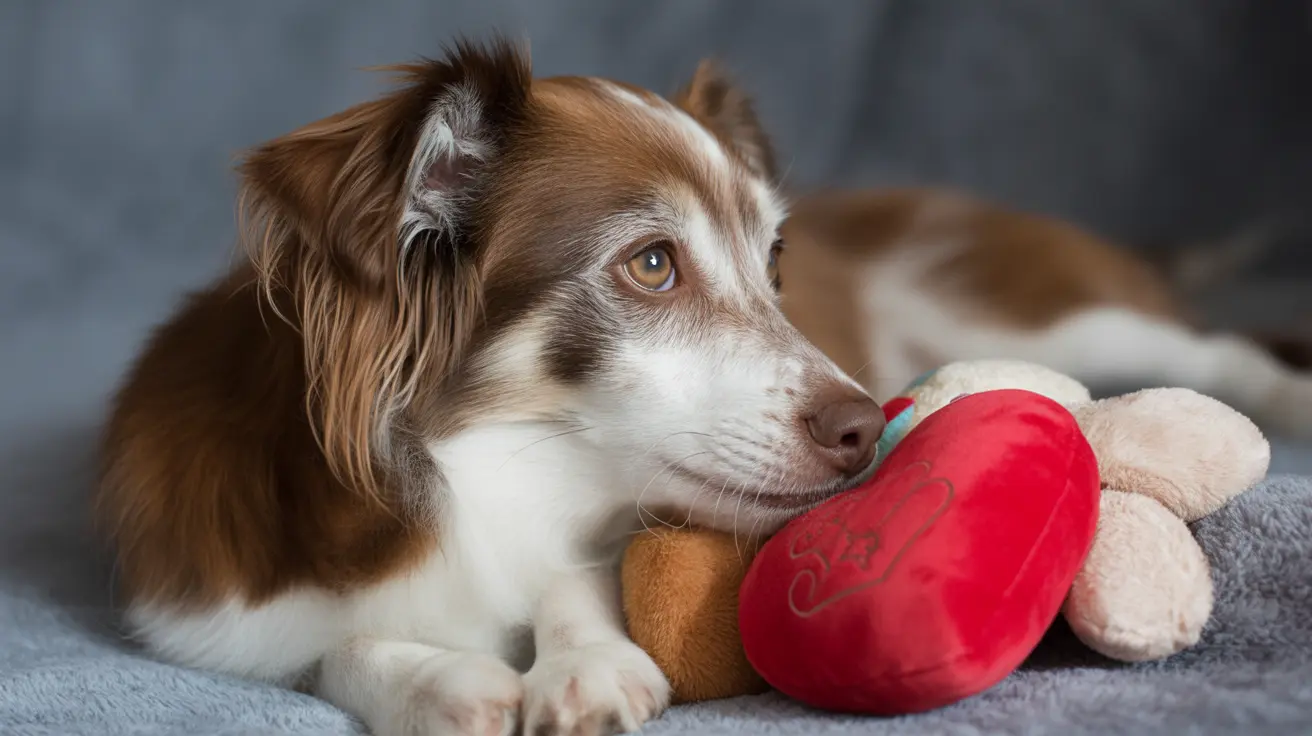The Distinctive Nature of Maine Coon Purring
Maine Coons possess larger vocal structures compared to average-sized cats, which contributes to their notably loud and resonant purrs. Their substantial size doesn't just affect their physical appearance – it influences their vocal capabilities as well. Many Maine Coon owners report being able to hear their cat's purring from several feet away, making these gentle giants some of the most audible purrers in the feline world.
Understanding Why Maine Coons Purr
Contentment and Happiness
Like all cats, Maine Coons primarily purr to express satisfaction and contentment. You'll often hear them purring during:
- Cuddle sessions with their favorite humans
- Relaxation time in their preferred spots
- Grooming sessions
- Feeding time
Communication and Social Bonding
Maine Coons are particularly social cats, and they use purring as a key communication tool. They often combine purrs with other vocalizations like chirps and trills to express themselves. This "social purring" helps strengthen bonds with their human family members and shows trust and affection.
The Science Behind Maine Coon Purring
Maine Coons purr through a fascinating biological mechanism involving their laryngeal muscles and neural oscillators in the brain. Their purrs typically fall within the 25-150 Hz frequency range, which scientists have found interesting for its potential therapeutic properties.
Healing Properties of Purring
Research suggests that purring frequencies may have healing benefits, potentially aiding in:
- Bone density maintenance
- Muscle and tendon repair
- Stress reduction
- Pain management
When to Pay Attention to Your Maine Coon's Purring
While purring is generally positive, it's essential to understand that cats, including Maine Coons, may also purr when stressed or in pain. Watch for these warning signs alongside purring:
- Changes in regular purring patterns
- Unusual body postures
- Decreased appetite or activity
- Signs of discomfort or hiding behavior
Frequently Asked Questions
Why do Maine Coons purr more loudly and frequently than other cat breeds?
Maine Coons purr more loudly due to their larger size and vocal cord structures. Their social nature also makes them more likely to purr frequently as a way to communicate with their human family members.
What are the common reasons Maine Coons purr besides contentment?
Maine Coons purr for various reasons including stress relief, pain management, healing, seeking attention or food, and social bonding with their owners.
How can I tell if my Maine Coon's purring indicates happiness or distress?
Observe your cat's body language and context. Happy purring usually accompanies relaxed postures, kneading, and normal behavior. Distressed purring might occur with hiding, tenseness, or other unusual behaviors.
What is the science behind the frequency and healing effects of Maine Coon purring?
Maine Coon purring occurs at frequencies between 25-150 Hz, which research suggests may promote healing, reduce inflammation, and aid in pain relief. These frequencies create vibrations that can have therapeutic effects on both cats and nearby humans.
How do Maine Coons use their purring to communicate with their owners?
Maine Coons use different types of purrs to communicate various needs. They might use louder, more insistent purrs when seeking attention or food, and softer, steady purrs during relaxation and bonding moments.
Understanding your Maine Coon's purring patterns helps strengthen your bond and ensures you can respond appropriately to their needs, whether they're expressing contentment or requiring attention.






